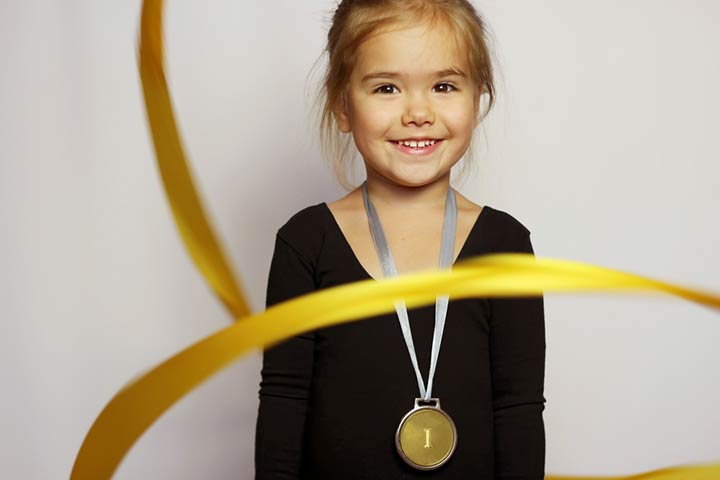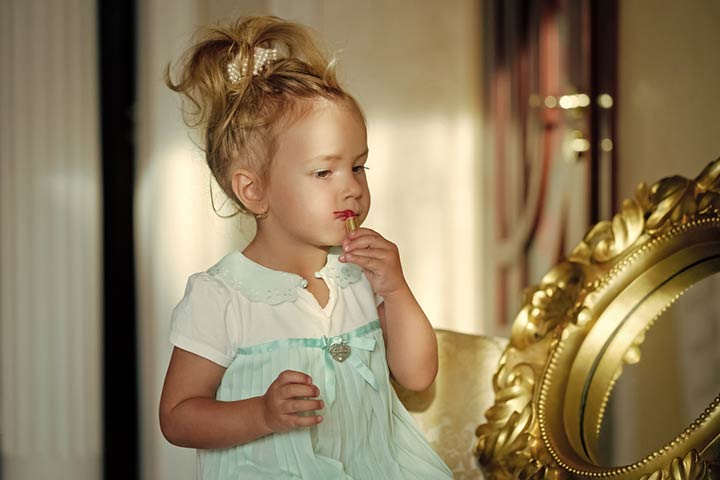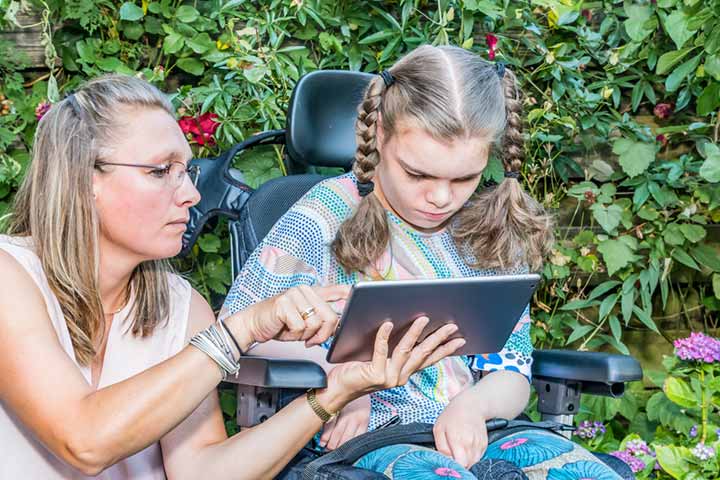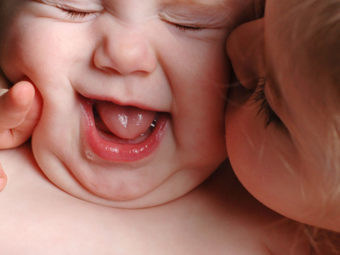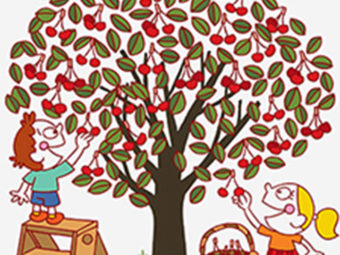
Image: Shutterstock
The development of a child’s psyche is influenced by a bunch of external factors. How their parents treat them is the most crucial one of them all. While parents may take care of their kid’s physical health, they most often neglect or are oblivious to their mental well-being. It is imperative for parents to know that any negative stimulus from their part has a detrimental impact on their child’s emotional and mental health. One of the most common ways that parents manifest it is by being prejudiced toward their kids. This, in turn, could cause the child to suffer from various other issues such as post-traumatic stress, depression, anxiety, and personality disorders. Below we have listed out the different forms of prejudice that children may face from their parents (intentionally or otherwise).
1. Discrimination Based On Gender
Gender discrimination has been widely prevalent in our culture since we can remember. Treating your child differently just because of their gender is one of the most common forms of prejudice that can be seen in our society. This is particularly true when it comes to the female child. Your daughter can feel discriminated against if her brother is favored over her within the family. Spending more resources for the son’s education, pampering him, and buying him expensive gifts while ignoring the daughter’s needs are some of the ways that parents show prejudice. Growing up in such an environment could instill a sense of inferiority and worthlessness in your child and hinder their confidence.
2. Academic Excellence
Placing the worth of your child based on their academic results can put immense pressure on your kid. This, in turn, can significantly affect their mental and emotional well-being. Having their grades constantly compared to that of their siblings or peers only degrades their self-confidence and makes them question their ability. Instead, parents should try and have a candid conversation with their kids and figure out ways to make learning a fun experience for their child. Make sure to never comment on your child’s aptitude or mock them based on their grades.
3. Meeting Family Expectations
Parents often tend to place all their aspirations on their kids without really considering what they would want to do with their lives. This is especially true if the family has a history of achievers in a particular field such as medicine or sports. We have all seen kids being dragged to every music, dance, arts, and sports class available, regardless of whether they like it or not. Similarly, parents are also seen forcing their career choices onto children with no regard to what they want. This can extinguish the passion in your kid to pursue their dreams and build a career on their own terms.
4. Physical Appearance
A lot of us are guilty of being insensitive towards our children’s physical appearance. Mocking your kid because of their weight by calling them “fatty” or “hippo” can have a detrimental impact on your child’s mental health, which may affect them well into adulthood. Instead, sit your kid down and discuss the negative implications that come with being unhealthy and overweight. You could also talk to them about the importance of being physically active and following a healthy lifestyle. Parents can also be seen showing bias towards kids based on their looks. Favoring a child who is traditionally more good-looking than the other can cause low self-confidence. This may also cause them to overestimate the importance of physical appearance to succeed in life.
5. Sexual Preference
The support of family is invaluable when it comes to children who fall under LGBT. Having a sexual orientation that is different from people around you can be confusing and overwhelming when you are a kid. If they do not have an environment where they can openly express themselves and their identity without being judged by loved ones, then it becomes even more challenging. Children look up to their parents and expect them to protect them at times like these. However, being ridiculed and judged for their identity can cause them to feel unwanted and abandoned by their family. This, in turn, can destroy them emotionally and scar them for life.
6. Physical Disability
Parents of disabled children are often seen being overprotective. While they mean well, mollycoddling your child can do more harm than good. Treating them differently than the other kids can hinder their confidence and self-worth. Instead, help them be more independent and capable of taking care of themselves as much as they can. Let them know that they are just like everyone else and that their disability doesn’t have to be their only identity.
7. Age-based Discrimination
This one is quite common too. Most of us have come across parents who treat their children differently based on their age. Some people favor their firstborn while others are more affectionate towards the youngest child. This kind of prejudice can cause children to hold grudges among themselves. Children who face such discrimination also tend to resent their parents, which affects the relationship for the rest of their lives.
Children who face prejudice from their parents can go on to develop severe mental and emotional health problems such as anxiety, depression, and low self-esteem. Let us know how you make sure to create a nurturing environment for your children in the comments section.



